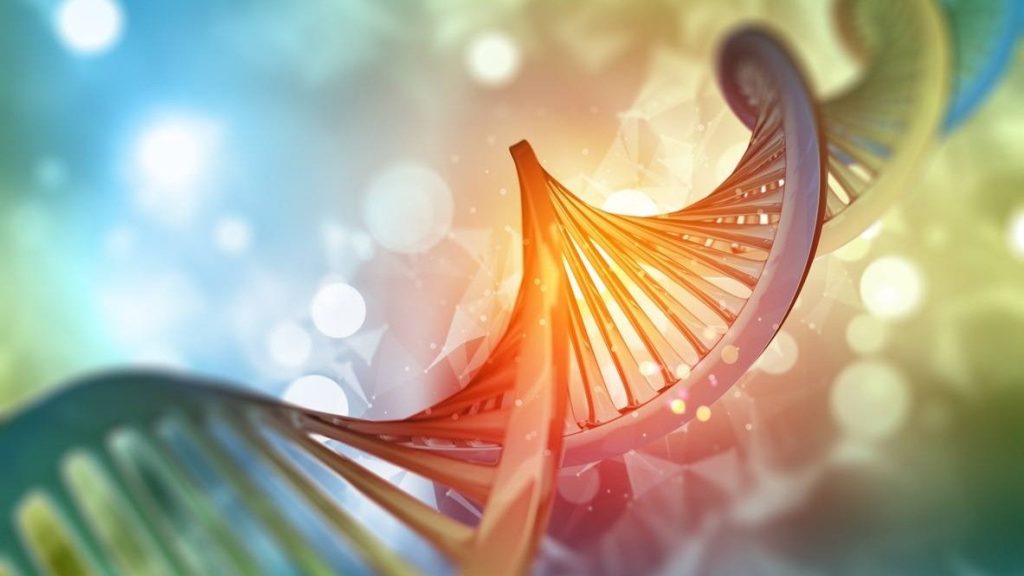Can your diet affect your mood? And could your genes explain why?
We’re living in a time where mental well-being is finally part of the health conversation—and for good reason. Anxiety, low mood, brain fog, and burnout are all too common. And while therapy, mindfulness, and medication play important roles, there’s one critical factor we often overlook: nutrition—and how our body processes it.
What if your sadness, fatigue, or stress intolerance wasn’t just about what you eat… …but how your genes affect your ability to use the nutrients in your food?
This is the power of nutritional genomics, also known as nutrigenomics. It helps us understand how genetic variations impact the brain’s chemistry, mood regulation, and even resilience to stress—through their effects on nutrient metabolism and neurotransmitter synthesis.
Here are the most important genes linked to mental health.
- MTHFR (Methylenetetrahydrofolate reductase): This gene helps convert folic acid into methylfolate, which is essential for methylation—an important biochemical process that supports the production of serotonin, dopamine, and norepinephrine. Variants like C677T can reduce enzyme function by up to 70%, limiting your ability to make mood-regulating brain chemicals even if you eat a folate-rich diet.
- COMT (Catechol-O-methyltransferase): This gene breaks down dopamine, adrenaline, and other stress-related neurotransmitters. Fast COMT variants may clear these chemicals too quickly, leading to low motivation or “flat” moods. Slow COMT variants may result in emotional sensitivity, anxiety, or difficulty calming down after stress.
- TPH2 (Tryptophan hydroxylase 2): This gene plays a role in converting tryptophan (from food) into serotonin. Variants here can reduce serotonin production, which may influence anxiety levels, sleep quality, and emotional resilience.
These genetic patterns don’t determine your destiny—but they give you valuable clues. Even with a healthy diet, you may still be deficient in active forms of nutrients like methylfolate, methyl-B12, or SAMe, which are required to keep your brain functioning optimally.
This is where nutrigenomic testing becomes incredibly powerful.
Instead of guessing why you feel anxious or low-energy, a DNA test can provide clear answers about:
- How your brain processes key nutrients
- Whether you need activated forms of vitamins for better neurotransmitter balance
- How your body handles stress, focus, and recovery
- Targeted nutrition strategies to enhance mood, energy, and mental clarity
Imagine being able to personalize your supplement plan not based on trial and error—but based on your genes. Imagine eating in a way that supports your mood, your brain chemistry, and your emotional resilience.
您的 mental well-being might start with your plate—and your genome. With the SuperDNA Nutrigenomics test, you can uncover how your nutrition and DNA work together to shape your mood, focus, and brain health—so you can live better from the inside out.











